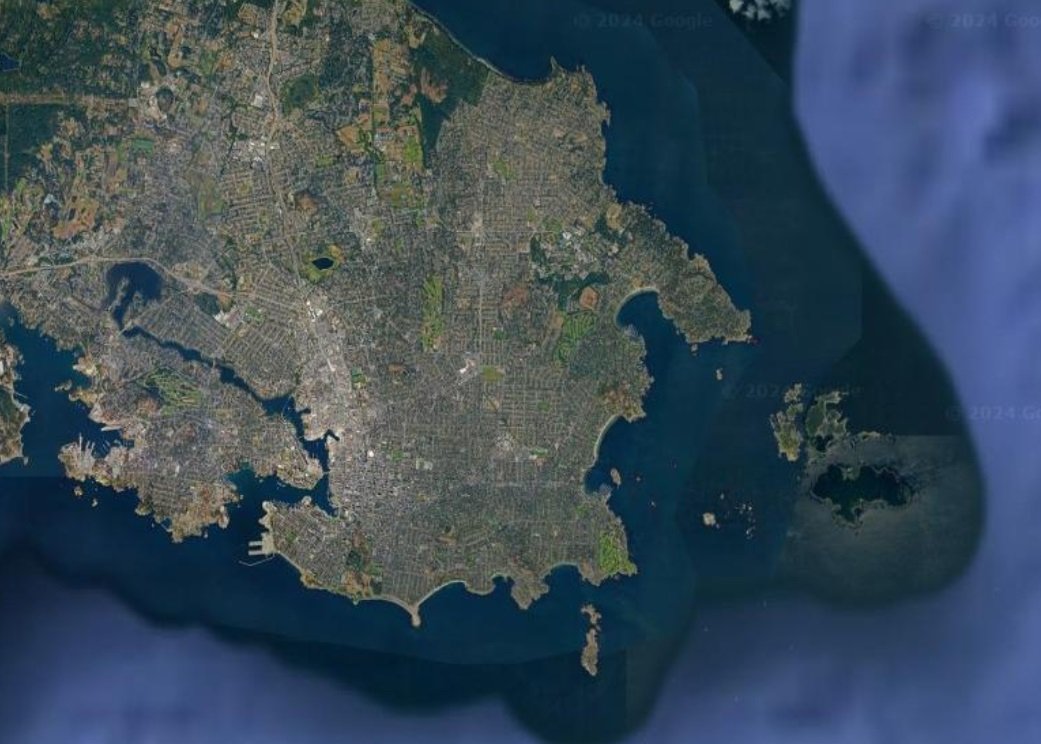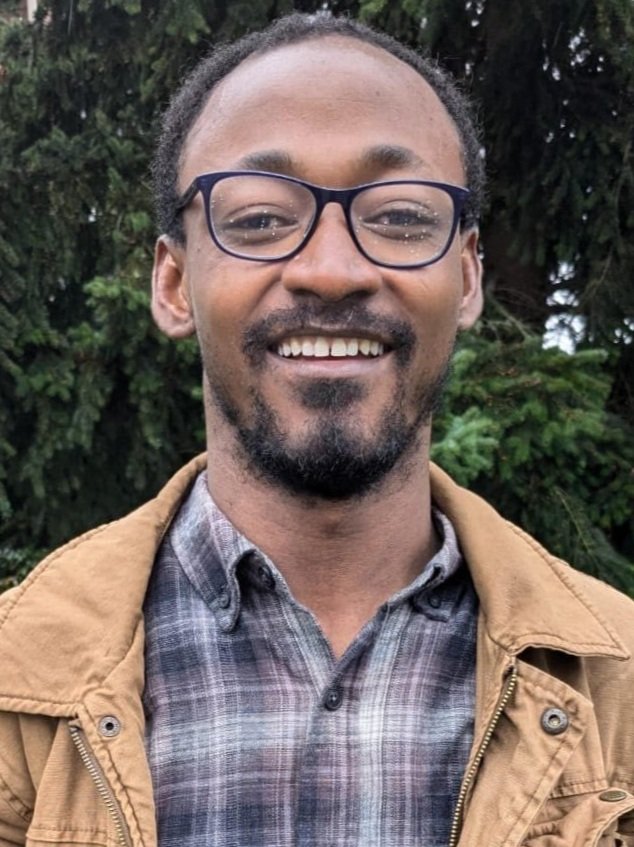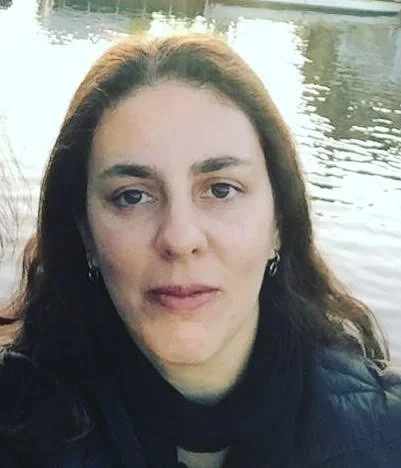Speaker: Jamie Bell
When: Dec. 13
Where: David Turpin Building B323 and Online
Time: 11-12.30pm PST
Online Link: https://us02web.zoom.us/j/84560788324
Topic: In this upcoming presentation, we will explore how the OpenAI Researcher Access Program is being utilized to support and enhance community-driven participatory research in northern regions, specifically focusing on capacity building, youth leadership, and economic development. This presentation will outline how AI tools, including natural language processing and data analysis capabilities, are being leveraged to streamline research processes, improve community engagement, and facilitate decision-making in complex governance and development projects with communities that struggle with capacity. We will explore how AI can support efforts to rebuild non-profit and sectoral capacity, empower youth leadership, and drive economic diversification while addressing the challenges of resource development, legislative frameworks, and limited infrastructure.
This fun, and engaging session will introduce a group discussion on the pros and cons of AI in participatory research. We will critically examine the potential benefits of AI in enhancing accessibility, inclusivity, and scalability of community-driven initiatives, while also acknowledging the risks of dependency on external technology, data privacy concerns, and the potential for exacerbating existing inequities. By engaging participants in this discussion, we aim to deepen our understanding of AI’s role in reshaping community-based research and its implications for long-term sustainability in northern communities. Through this dialogue, we seek to explore ways AI can be harnessed ethically and responsibly to support the collective goals of community resilience, economic development, and cultural preservation.
Speaker Bio: A long-time advocate for community-based arts and research, Jamie’s work has focused on fostering stronger relationships through outreach and engagement. Jamie has worked with arts, media and communications for almost three decades across multiple sectors. His current arts and research is supported by the OpenAI Researcher Access Program.
Jamie is a founding member of the Art Borups Corners Collective. He was also a founding member of the highly-successful Arviat Film Society and Arviat Television with support from Isuma TV’s Digital Indigenous Democracy Project. His previous work includes the ArcticNet-supported Inclusion in Northern Research project. His work has been featured in books and media ranging from TIME, CPAC, the Globe and Mail, Nunatsiaq News, CBC Igalaaq and CBC Radio North among many others. His work has been funded by the Canada Council for the Arts and Manitoba Arts Council. His work ranges from community-driven participatory arts to food security, community capacity building and climate change adaptation.






